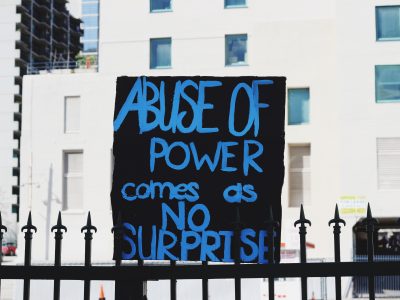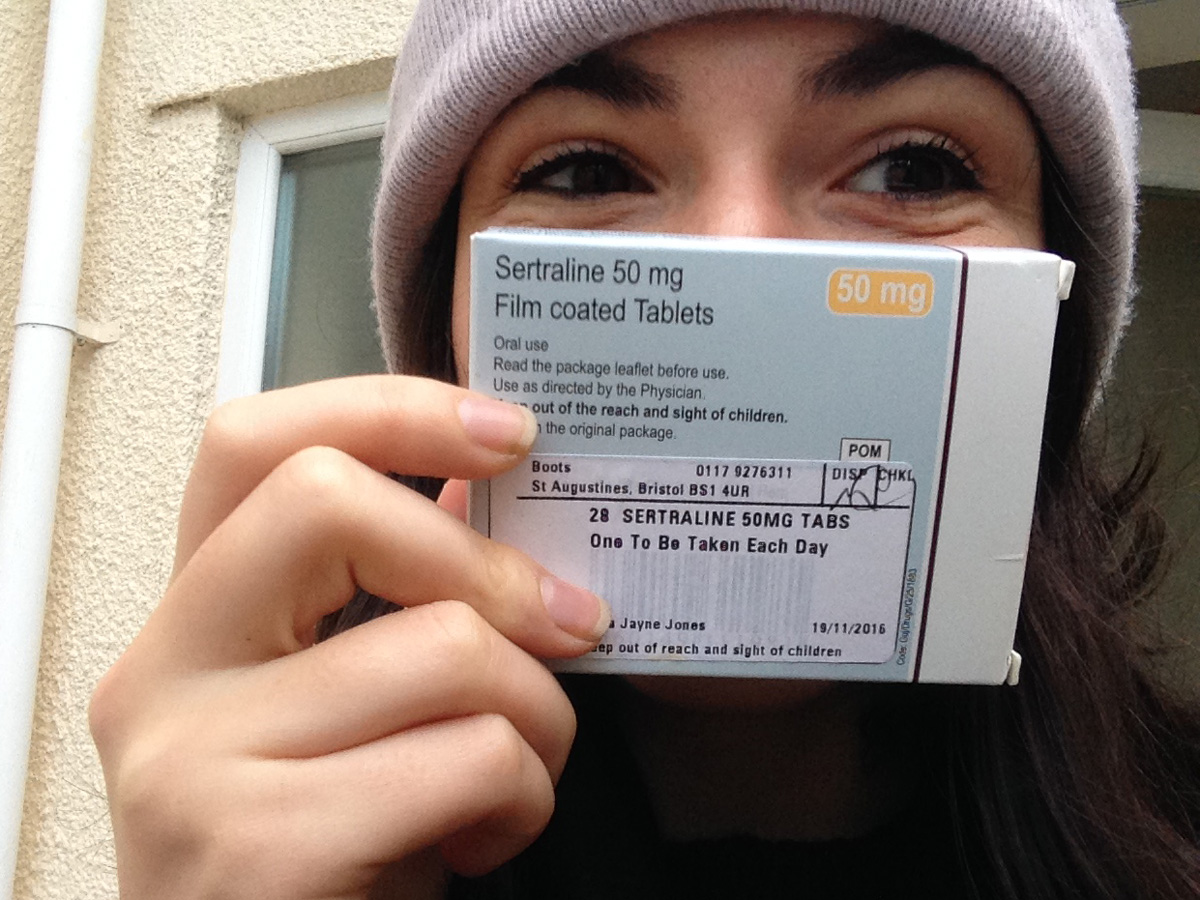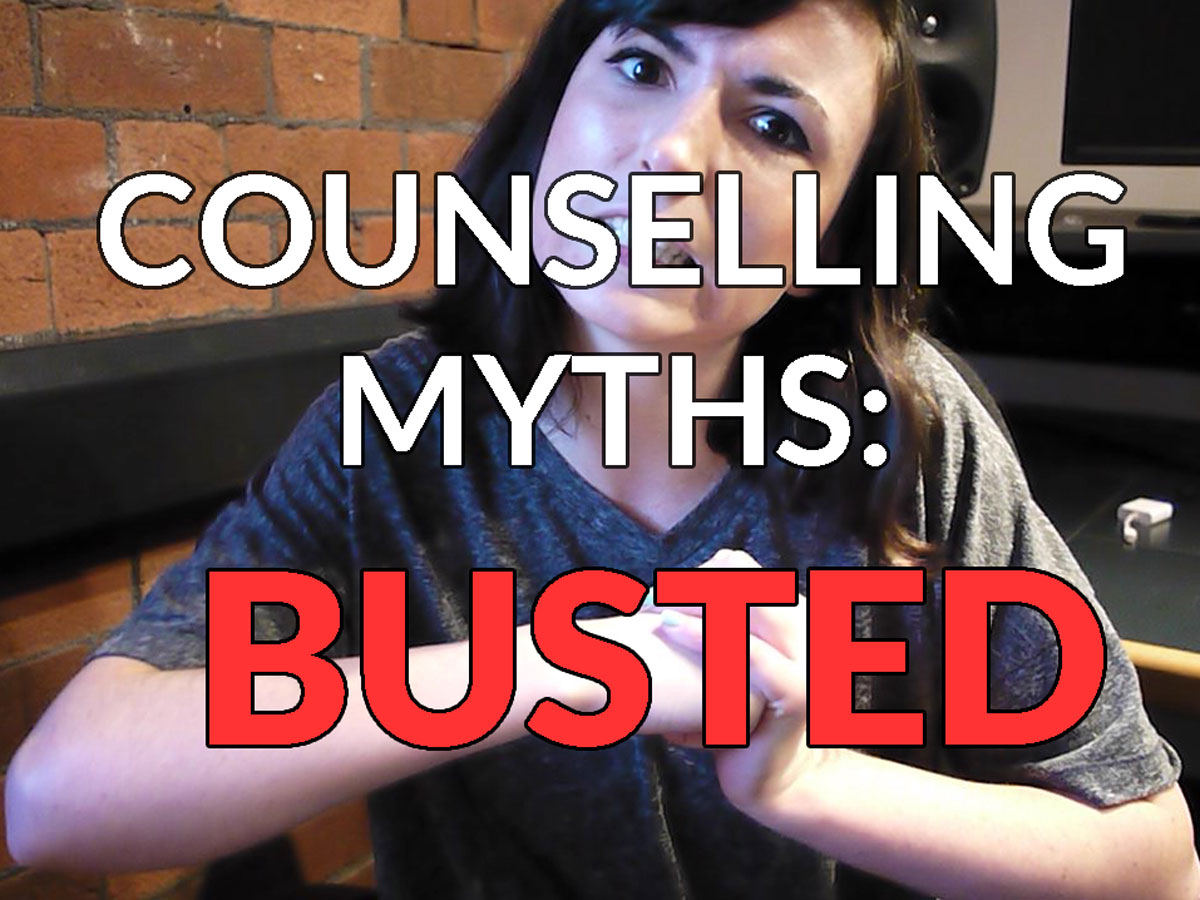‘What am I suspected of and on what grounds?’: Know Your Stop and Search Rights
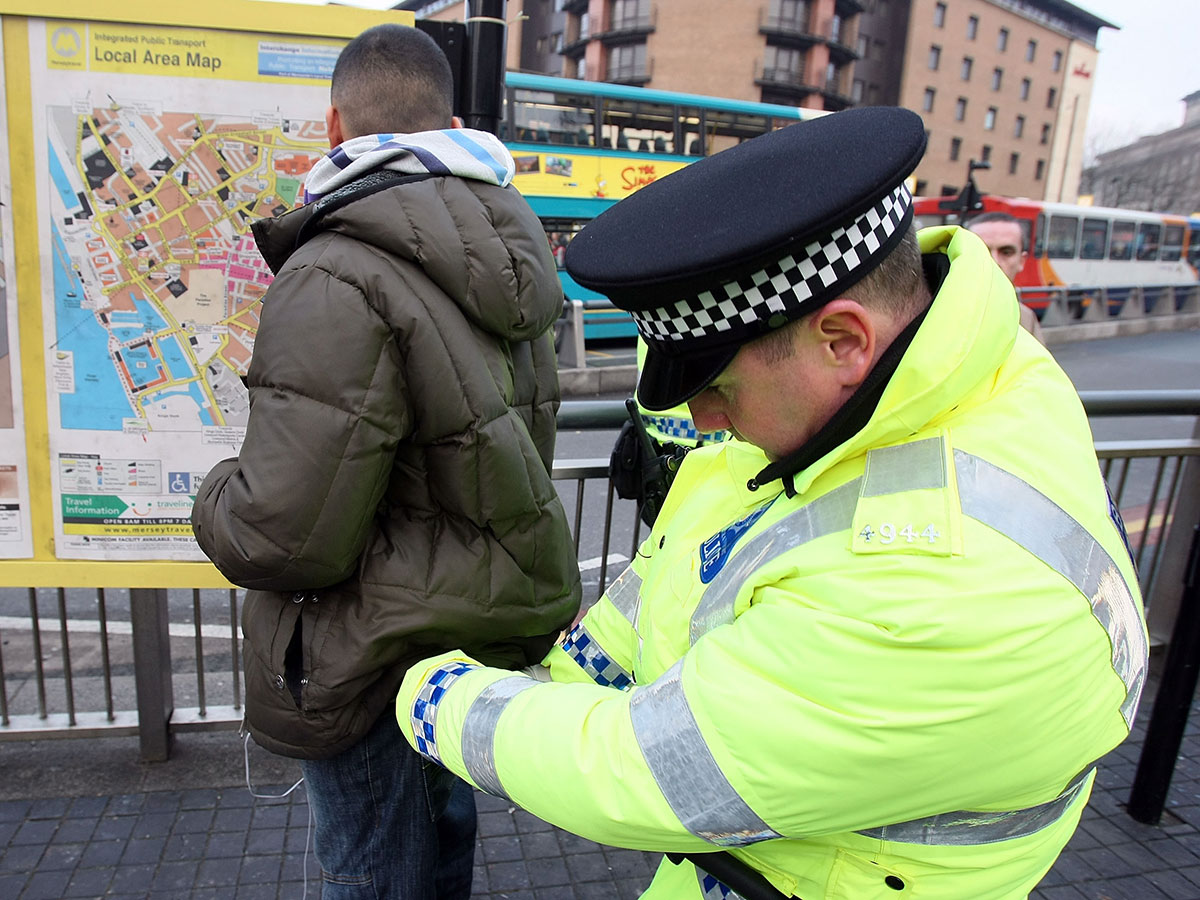
Source: www.voice-online.co.uk
Have you ever been stopped and searched by the police? Sammy caught up with filmmaker Mike Jenkins as he premieres his eye-opening film exploring Bristol’s relationship with the contentious police power.
Under current laws a police officer may stop and search anyone at any time as long as they have ‘reasonable grounds’ to do so. If you’re from a BME background, you’re up to 28 times more likely to be stopped, leading to criticisms that the police could be using racial profiling to catch criminals.
Mike Jenkins is the filmmaker behind ‘Stop Search‘, a new film being used to educate police recruits on the negative effects of Stop and Search. Below, he shares with us exactly what your rights are if you are stopped, and his thoughts on the eroded trust of Bristol BME communities towards the police.
Watch the video below.
What are the most important things you should know if you get stopped and searched?
- You don’t have to give your name or details.
- You can film the procedure.
- There needs to be a specific reason for the stop and search. For example, if they suspect you have a knife in you right sock, they can then only search your right sock and it would be illegal if they then searched your left hand pocket.
- You shouldn’t be concerned about your treatment, but if you are, take the officer’s number. This way the encounter can be traced.
What are the different ways you might be stopped by a police officer?
- Stop and Account is different to Stop and Search.
- You do not have to stay and talk or give details during a Stop and Account.
- A Stop and Search is defined by the officer first stating they are about to search you once you’ve been stopped.
- The officer must state why you are being stopped and subsequently being searched.
- A Stop and Account is the police asking what you are doing. If they haven’t stopped you for a reason you can leave.
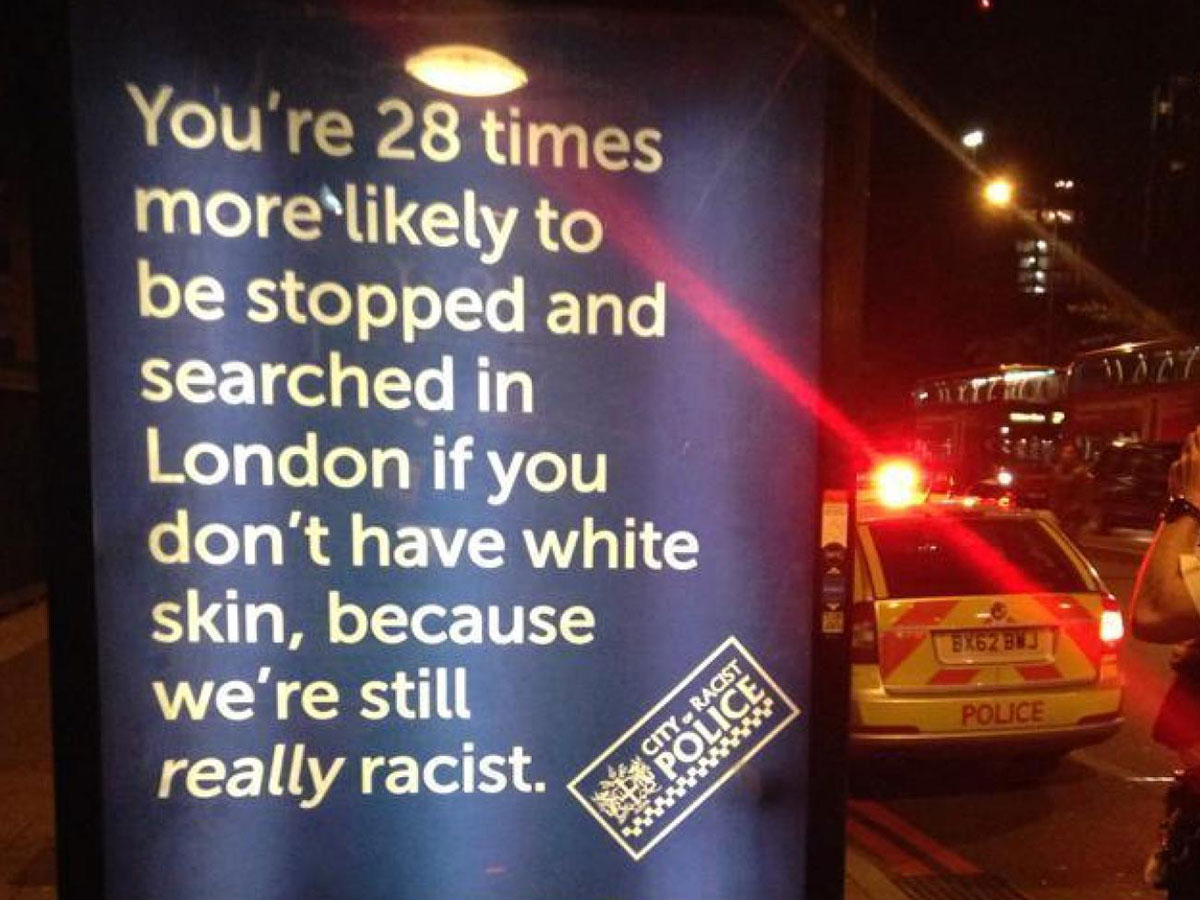
Source: www.huffingtonpost.co.uk
What are some questions you should ask if you get stopped and searched?
- Why are you talking to me?
- What am I suspected of and on what grounds?
- Can I have your name and number?
- Can I have a record of the Stop and Search?
If people feel they, or their area, is being unfairly targeted, what should they do?
- Contact the Independent Police Complaints Commission (IPCC)
- Contact organisations such as SARI
- Gather information, records and testimonies from the community, identify the officers abusing their power.
- Make a complaint to Superintendent Mike Prior who is currently in charge of Stop and Search across Avon and Somerset.
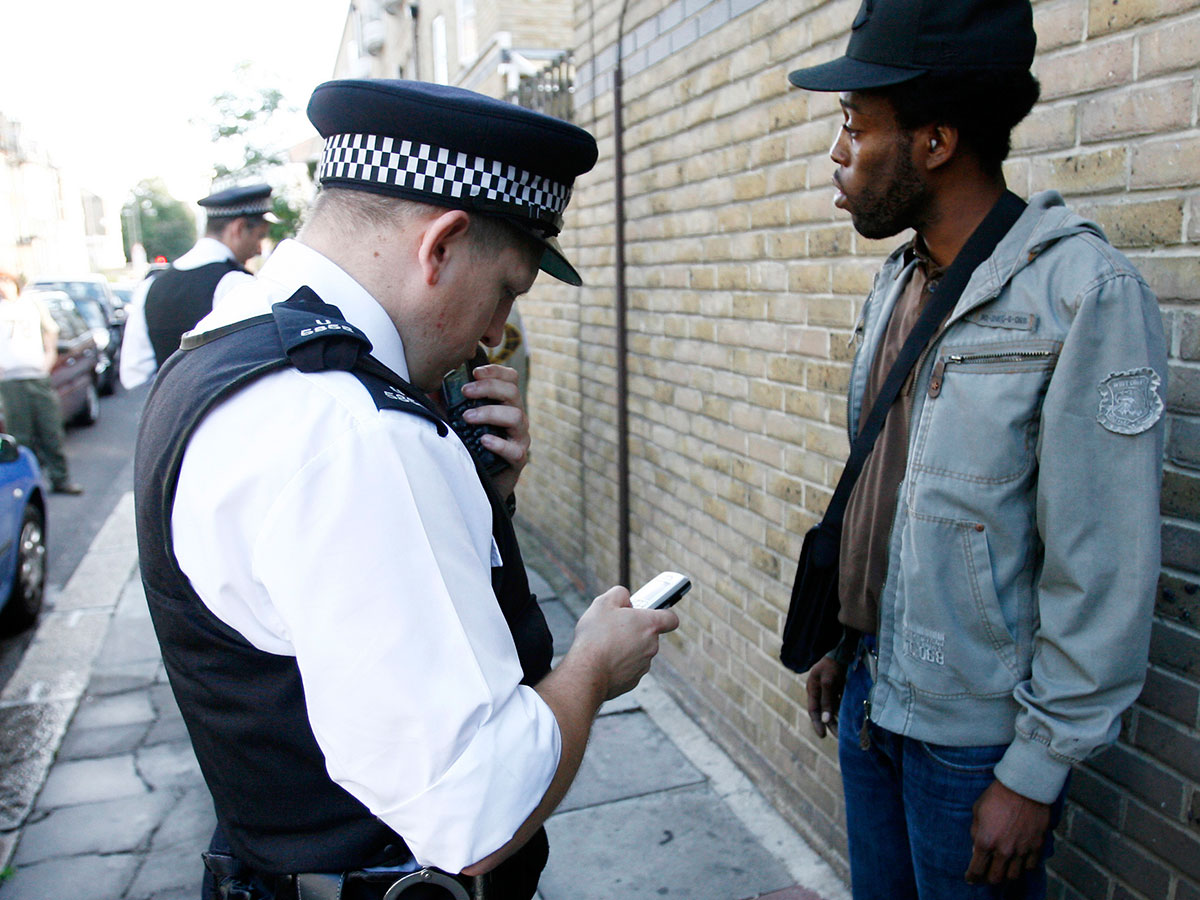
Source: www.voice-online.co.uk
What are your thoughts on body-cameras for police officers?
We had a workshop with a group of young people during the making of the film. The group unanimously agreed that body cameras are a good thing but were concerned with footage being later edited or things being omitted. They agreed it should be constantly on record and not be initiated by the officer. This will ensure that the officer cannot pick and choose when to press record.
What reforms would you like to see in stop and search? Or do you think it should be abolished altogether?
I think it should be scrapped as it has done too much damage to the image of the police force and to the community. Also, due to the culture of racism, people that look different (from a BME group) are more likely to be unfairly targeted. Some say it’s the numbers, others say it’s institutional racism and stereotyping. I believe it’s the latter.
Do you think trust has been eroded by stop and search? Do you think it can ever be gained back?
I’m optimistic that perceptions can change but maybe not in my lifetime. Change will be made if the public has a better understanding of how to deal with the police. The police will learn the public have a better understanding and may do there job correctly. As far as institutional racism and stereotyping goes, this is bigger problem that affects police but does not lay dormant there.
What are your thoughts on Stop and Search? Have you ever been stopped? Tell us on Twitter and Facebook


